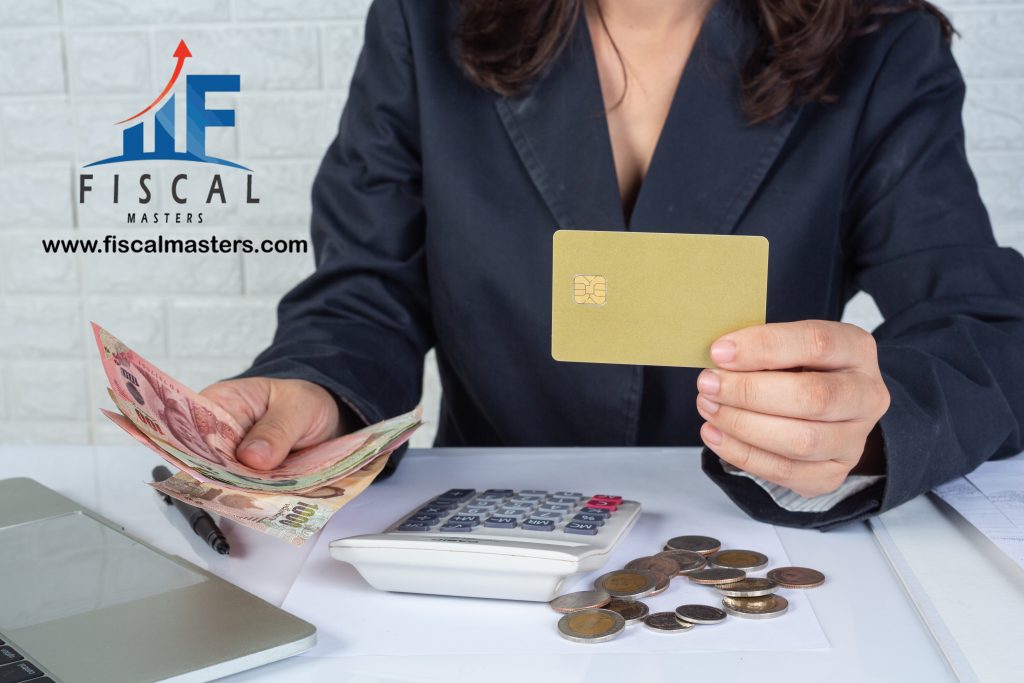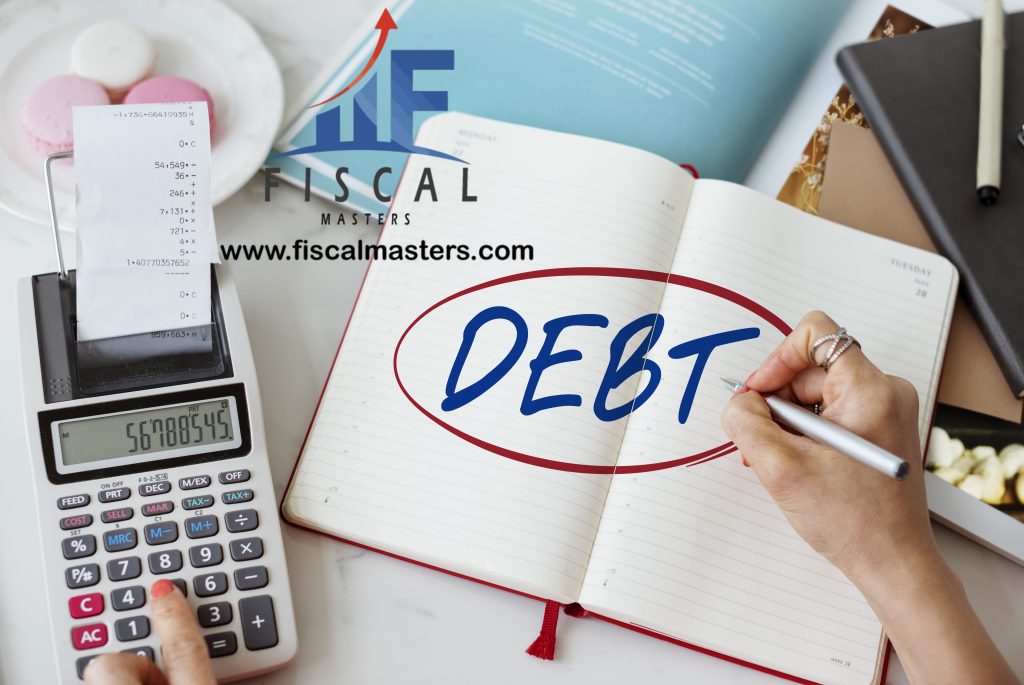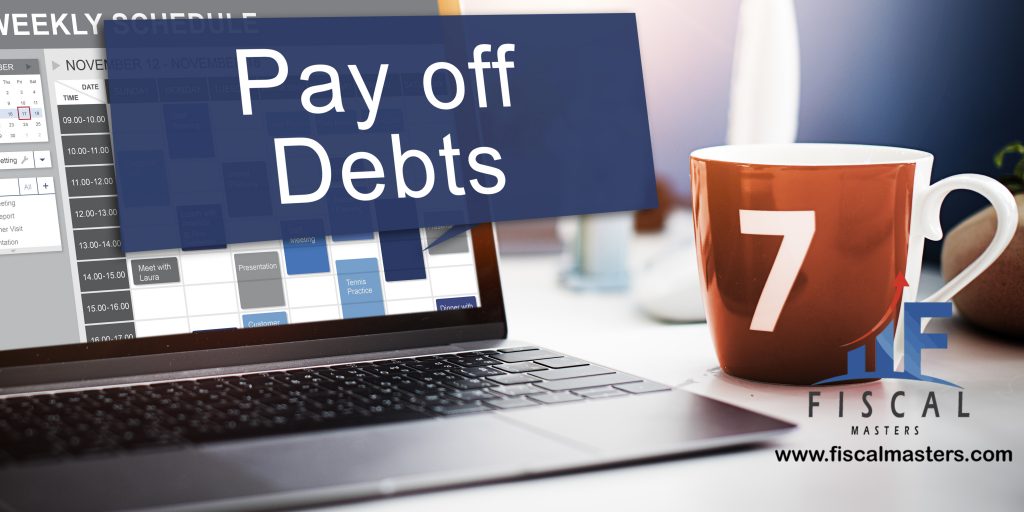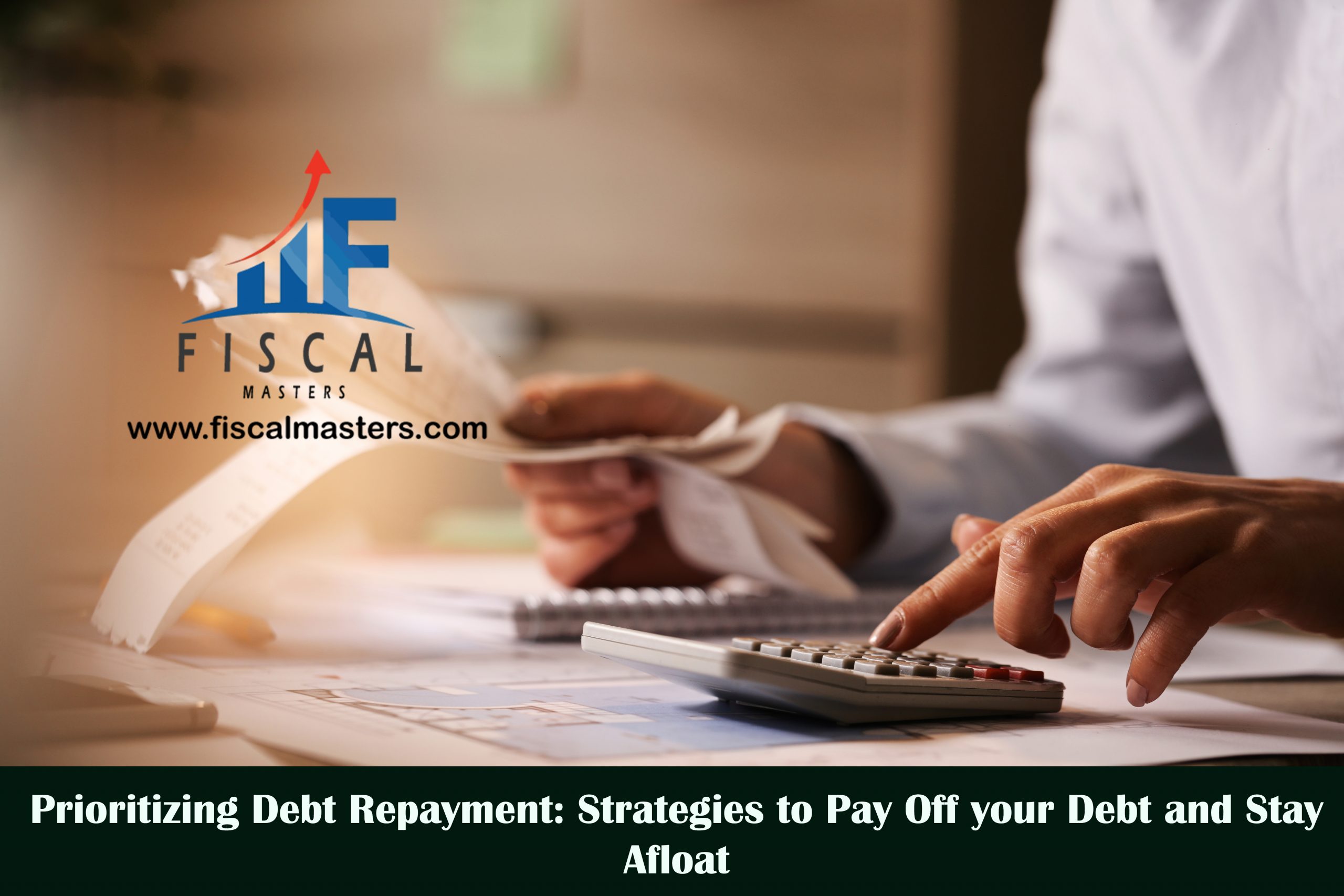Are you someone with a long list of debts? Are you finding it hard to manage debt repayment? Are you looking for ways and DIY strategies to help you pay off debts faster? Do you want to know how to get out of debt on a low income? This article may be the answer to your problems.
Repaying multiple debts simultaneously can be overwhelming, and it becomes challenging if this debt amount has interest linked to it. Debt and interest repayment is a compound problem that requires a unique strategy to help you assess your financial situation. When deciding on which debts to repay, these strategies will also help you determine which repayments will significantly impact the amount you owe.

Figuring Out the Types of Debt
There are two types of debt; one is the secured type, and the other is unsecured. Both these debts have different mechanisms and consequences in case a person defaults.
Secured Debt
A secured or priority debt is when you link your loan to a precious property. Specifically, this debt means you must put something valuable on the line. It can either be a car or even a house. If someone fails to pay off debt, the lender can acquire the valuable, calling it their own. Famous examples of secured debt include mortgages and car loans.
Read More: Understanding Credit Scores: How to Improve and Maintain a Good Credit Score- July 2023
Unsecured Debt
Unsecured or secondary debt is opposite to the previous type. In other words, there is no collateral linked to an unsecured debt. Most common examples of unsecured loans include personal loans to pay off credit card debt, personal loans and medical bills.
Assessing your Debt Situation
Assessing the situation of your debt is just as important as organizing it and paying it off. To evaluate whether your debt is manageable, you must know your debt-to-income ratio. To figure this out, you must divide the total amount of your monthly debt by the gross amount of your monthly income.
According to the Consumer Financial Protection Bureau, a debt-to-income ratio above 43% means you will face trouble paying off your debts.
Organizing your debts
First and foremost, you must know the complete information on all the debt amounts you owe. It will help you decide which loans to pay off first. Make sure to consider the following aspects.
- The balance amount that you owe
- The minimum amount for debt repayment
- The annual interest rate or annual percentage rate
- The due date to make the payments
All this information is readily available in the statements you receive in the mail or online; ensure you can access them.
In case you cannot find these pieces of information quickly, then contact your debtor and request them for the required information.
The two most important criteria are the balance and the interest rate. Making sure of these two will help you pay off the debt quickly. Knowing your budget may also make the process easier for you.

How to Prioritize Debt Repayment?
Prioritizing which debt you need to pay off is more important than finding a strategy to pay off your loans. You can use two methods to find out which debts to prioritize first. Being sure of which strategy to select will make debt repayment more manageable.
The Debt Avalanche
Debts with a higher interest rate cost much more money than those with a low-interest rate, even if the principal amount you owe is the same. For example, if you owe $10,000 to a bank with an interest rate of 4%, you will pay them $11,049 over five years. However, if you owe the same amount to a bank with a 6% interest rate, you will pay $11,599. A mere 2% change in interest rate can cost you $500 more.
If you decide to use this method of organizing your debts, list all your loans along with their interest rates and arrange them from highest to lowest. Continue paying the minimum amount every month to all your debts, but if you have an extra amount that you can use, then select those with the highest interest rates first.
The Debt Snowball
The snowball strategy is an alternative plan for organizing your debts. According to this strategy, you must continue to pay the minimum amount to all your debts, but instead of paying off those debts with a higher interest rate, you must pay off those with the least balance amount.
Once you have paid off one of your loans, use the pay-off debt snowball method to utilize the monthly payment for the next debt repayment with the lowest balance. Once that second debt is gone, you continue the same practice for your other debts. It will help build momentum, like rolling a snowball down a mountain.
The Debt Snowflake
The best thing about the debt snowflake method is that you can use it with the debt avalanche or even the snowball method. As the name suggests, snowflaking means paying off your debts when you receive little payments whenever you do.
Read More: Introduction to Cryptocurrency: The PROs and CONs Cryptocurrency Investing- June 2023
Let’s say it’s your birthday; you receive cash gifts from your workplace or your parents. These small amounts of money were not accounted for in your budget and are extra cash. Use this newly found extra money to pay off your debt, no matter how little the amount is. Instead of using it to have dinner or buy gifts, put it to use by making debt repayment your number one priority.
What is Debt Consolidation?
Debt consolidation is another method that can help you pay off your loans efficiently. It combines several debts into a single loan, reducing the interest rate. With this method, paying off becomes more manageable, and it is also feasible to pay off just one monthly installment instead of paying off multiple ones simultaneously. Some people also apply for personal loans to pay credit card bills, which is not always suitable.
Prioritizing Debt Payment Method
All the methods are correct, and choosing which strategy suits you best is entirely upon you. The most important this is you pay off your debts promptly and get closer to your financial objective one step at a time. Debt repayment will finally give you the peace of mind you deserve.
You can try any method first; if it is not working, you can always switch to another one. You can also experiment with newer strategies to pay off these loans.
Budgeting for Paying Off Loans
If you feel debt repayment will be much more complex, it may be time to assess your budget. Getting a clear picture of your budget will always help. It helps to keep track of the money that you get every month.
You can implement many budgeting strategies, and finding the perfect strategy that works for you will help you keep your monthly expenses in check. You can start from the basic 50-30-20 rule for budgeting.
Additional Ways of Debt Repayment
There are other ways that you can spare more cash every month from your income. It includes budgeting your expenses, such as reducing the monthly bills or creating a source of passive income.
Lowering your cell phone or even utility bill will spare you some extra cash each month that you can use to pay off your loans. A step-by-step guide to cash-saving. Ten Tips to avoid overspending and follow your monthly budget- June 2023You can select a cheaper cell phone service provider or reduce the number of unused subscriptions that you have.
You can add a passive income to boost your monthly salary significantly. Look for a part-time job and utilize all those earnings for debt repayment.
Seeking Additional Support
The debt repayment journey is tiring, and people often lose the motivation to continue. Seeking additional support can be a crucial step toward success. You can look for professional guidance for experts such as financial advisors or emotional support from your friends and family. A robust support system can make a significant difference in the life of someone on their way to becoming debt free.
Financial advisors and credit counsellors are two such people who are experts in providing valuable insight into your debt situation. They provide expert opinions on making a customized debt repayment strategy which comes in handy when you cannot decide for yourself.
Read More: 6 Tips for Paying Down Debt
Alternatively, you can also seek emotional support from your family, where they can offer encouragement and words of motivation to keep you going strong. You can share your progress and even celebrate milestones of your success.

Conclusion
Knowing the condition of your debts is the first step to paying off your loans. Assessing and prioritizing your debt repayment is essential but also, be mindful of other expenses that you have. Remember that before you focus on debt repayment, you must also focus on your basic living expenses and that you are not exhausting your monthly budget when repaying the amount.
You may not feel thrilled about paying off your loans, but you must know that this is temporary, and all your hard work will pay off. You will soon be debt-free with patience, dedication, and organizational skills.





Can you be more specific about the content of your article? After reading it, I still have some doubts. Hope you can help me.